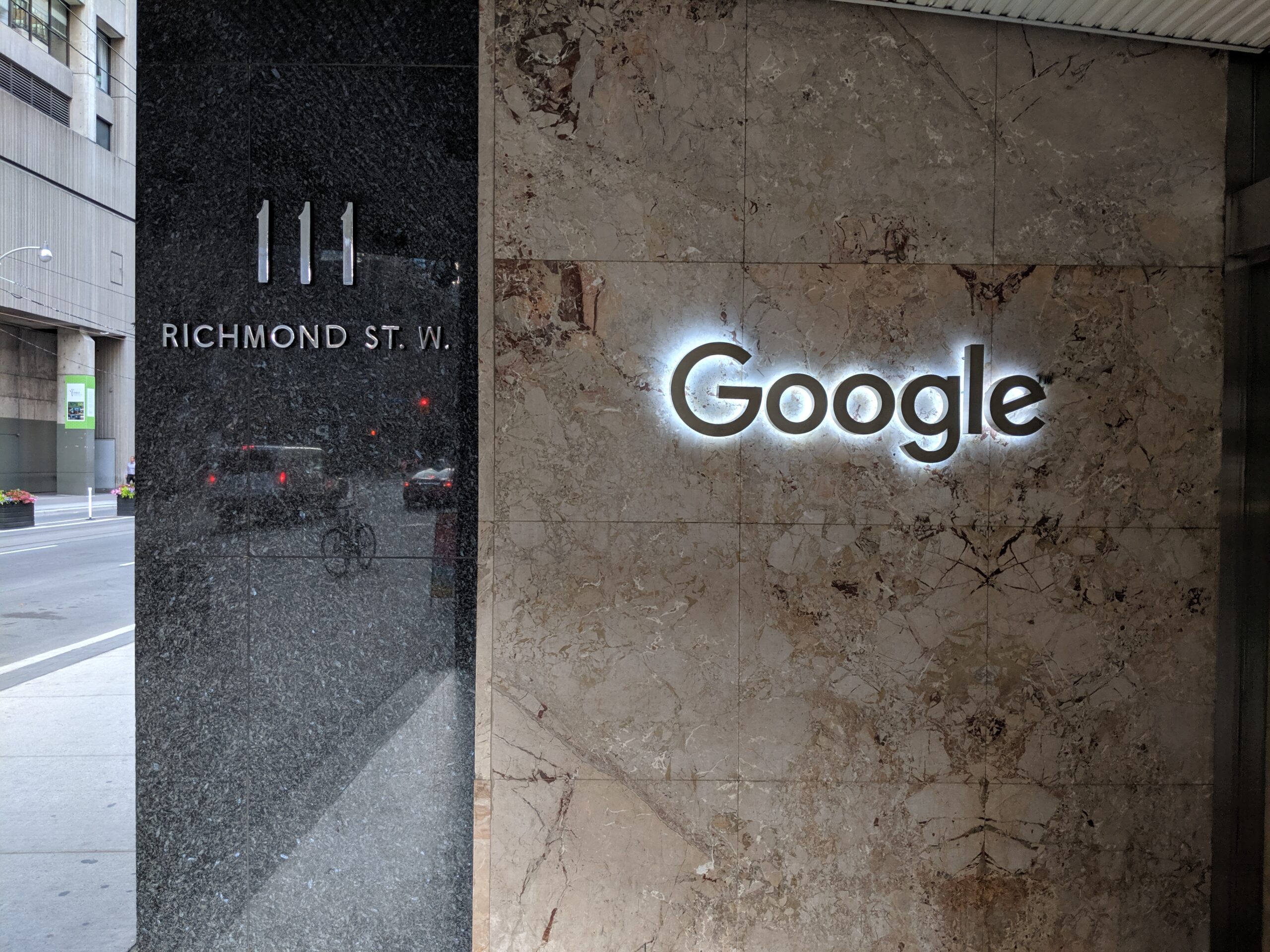
The Canadian Competition Bureau has initiated legal proceedings against Google, accusing the tech giant of anti-competitive practices within its online advertising business. The investigation, which dates back to at least 2021, centers on Google’s dominant position in the digital advertising market. According to the Bureau, Google holds approximately 90 percent market share in publisher ad servers, 70 percent in advertiser networks, 60 percent in demand-side platforms, and 50 percent in ad exchanges. The Bureau aims to compel Google to divest its DoubleClick for Publishers and AdX assets, arguing that the company’s actions stifle competition, curb innovation, inflate advertising costs, and diminish publisher revenues.
The case is currently being addressed by the Competition Tribunal, a quasi-judicial entity responsible for overseeing such matters. Alongside the demand for divestiture, the Competition Bureau is seeking a substantial financial penalty from Google. It proposes either a penalty equal to three times the benefit Google allegedly derived from its anti-competitive practices or three percent of Google’s worldwide gross revenues. However, Google disputes these accusations, asserting that the ad tech sector is both competitive and innovative.
Google’s Defense
Google strongly denies any misuse of its market power and contends that its operations do not harm consumer welfare. The company emphasizes that it faces significant competition from other industry leaders, including Microsoft, Meta, and Amazon. In response to the Bureau’s claims, Google argues that the penalties being pursued are unconstitutional.
“The very threat of such a fine will diminish or negate the incentives of Google, Google Canada and many other businesses to invest and innovate, thus undermining consumer welfare,” said Google.
In its defense, Google maintains that its share of the relevant market has actually decreased over time. The company highlights that industry output has surged, service quality has improved, and prices associated with ad tech services have either remained stable or declined.
“Google’s share of the relevant market has declined over time while industry output has increased dramatically, quality of service has improved and prices associated with the ad tech services in question have remained stable or declined,” stated Google.
Furthermore, Google challenges the Bureau’s perspective on its alleged market abuse.
“The markets ‘in which Google is alleged to have abused its dominant position are untethered either to commercial reality or to proper and sensible economic and legal analyses,'” added Google.
The outcome of this legal confrontation could have significant implications for both Google and the wider online advertising industry. If the Tribunal sides with the Competition Bureau, it may set a precedent for how digital monopolies are regulated in Canada. Conversely, a decision in favor of Google would reinforce its market position while potentially influencing similar cases globally.
What The Author Thinks
The ongoing legal dispute highlights the increasing scrutiny of tech giants and their market dominance, especially in the advertising space. While Google’s defense stresses competition and innovation, the case could mark a pivotal moment in how digital monopolies are managed and regulated, not just in Canada, but potentially on a global scale.
Featured image credit: Wikimedia Commons
Follow us for more breaking news on DMR
